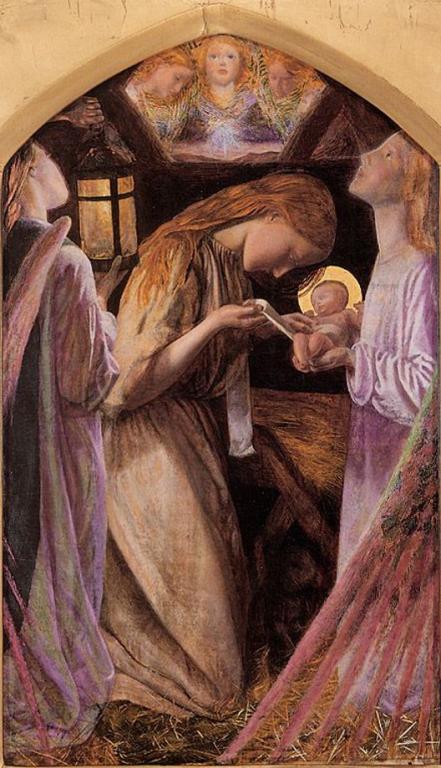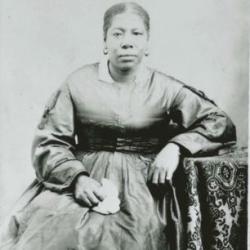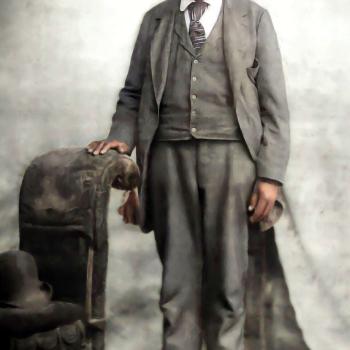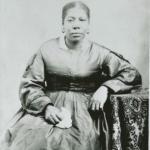
I published an article in the Deseret News on 5 December 2012 under the title “‘Pleased as man with men to dwell'”:
The first verse of the popular late-19th-century Christmas carol “Away in a Manger” (often mistakenly attributed to Martin Luther) ends peacefully with “the little Lord Jesus, asleep on the hay.” Unfortunately, though, “The cattle are lowing; the poor baby wakes, but little Lord Jesus no crying he makes.”
Richard Mouw, the prominent Calvinist theologian who just completed two decades as president of California’s Fuller Theological Seminary, spoke recently at the LDS Institute of Religion adjacent to Utah Valley University. He pronounced the carol’s portrayal of an uncrying infant Jesus “heresy.”
“Jesus was a real baby,” he reminded his large Mormon audience. “That baby cried. … There was no Superman suit under those swaddling clothes.” Furthermore, Mouw said, the baby had no divine checklist that he was working through. (“Let’s see. Wise men? Check. Shepherds? Check. Hmmm. Could have designed that camel a bit better.”) So, said Mouw, when you come to this particular verse, “You should sing those words with your fingers crossed.”
He spoke humorously, but he was entirely serious.
Among the perpetual temptations in the history of Christianity has been the false doctrine of “docetism,” from the Greek verb “dokeo,” meaning “to seem.” It is, simply put, that Jesus Christ was fully God but not, really, fully man. He only seemed human. He merely appeared to be subject to human limitations, pains and weaknesses.
But this would be worrisome, for, if he only pretended to take upon himself our nature, it’s not obvious how he could fully take upon himself our sins. If he didn’t really suffer, he didn’t really atone. He had to assume our human nature completely, or he wouldn’t be completely able to redeem it — and us.
“God became man,” declares the ancient Christian formula, “so that man might become God.” St. Athanasius the Great, fourth-century bishop of Alexandria and a principal figure at the Nicene Council, put it this way: “The Word was made flesh in order that we might be enabled to be made gods. … Just as the Lord, putting on the body, became a man, so also we men are both deified through his flesh, and henceforth inherit everlasting life.”
Continuing, Mouw cited the Book of Mormon. And, although frankly acknowledging he doesn’t share the Latter-day Saint view of its origin and doesn’t consider it scripture, he cited Alma 7:11-12 with approval:
“And he shall go forth, suffering pains and afflictions and temptations of every kind; and this that the word might be fulfilled which saith he will take upon him the pains and the sicknesses of his people.
“And he will take upon him death, that he may loose the bands of death which bind his people; and he will take upon him their infirmities, that his bowels may be filled with mercy, according to the flesh, that he may know according to the flesh how to succor his people according to their infirmities.”
Quoting further, Mouw spoke of our common “faith on the Lamb of God, who taketh away the sins of the world, who is mighty to save and to cleanse from all unrighteousness” (Alma 7:14). “When it comes to the redemptive work of Christ,” he concluded, “we say the same things.”
But all of this depends upon the truth of the shared conviction that “In the beginning was the Word, and the Word was with God, and the Word was God. The same was in the beginning with God. All things were made by him; and without him was not any thing made that was made. In him was life; and the life was the light of men. And the light shineth in darkness; and the darkness comprehended it not. … He was in the world, and the world was made by him, and the world knew him not. He came unto his own, and his own received him not. But as many as received him, to them gave he power to become the sons of God, even to them that believe on his name” (John 1:1-5, 10-12).
On the basis of this common faith, Latter-day Saints join the great Christian chorus that extends across two millennia and around the globe, rejoicing in the advent of Christ, knowing that “the Word was made flesh, and dwelt among us” (John 1:14), “that God was in Christ, reconciling the world unto himself” (2 Corinthians 5:19).
Incidentally, just for the record, “Away in a Manger” ranks among my favorite carols, especially in the setting by William Kirkpatrick that appears in the Latter-day Saint hymnal. I’m certainly not trying to dissuade people from singing it! (I myself have joined in singing it with congregations twice this weekend, and I heard another congregation singing it this morning. One of the great things about church attendance is the opportunity that it provides for us to sing; many Americans don’t otherwise have that chance very often.)











